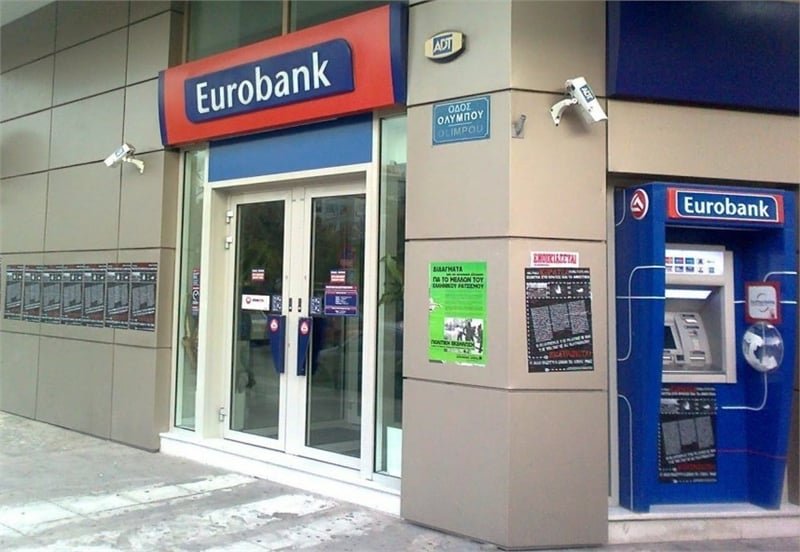Eurobank recently acquired 3.8 million of its own shares as part of its share buyback programme, according to an official announcement.
The announcement followed a previous statement, released on May 7, 2025, about the start of the organisation’s share buyback programme.
The programme had been approved by the ordinary general meeting of shareholders on April 30, 2025, and by the board of directors on the same date.
Specifically, Eurobank Holdings stated that between June 16, 2025, and June 20, 2025, it acquired 3,829,180 of its own shares traded on the Athens Exchange.
The shares were purchased at an average acquisition price of €2.69 per share, with a total acquisition cost of €10.32 million.
Following these purchases, Eurobank Holdings now holds a total of 20,112,943 own shares. These shares correspond to 0.54 per cent of its share capital.
Merger process continues
Meanwhile, it should be mentioned that the operational merger between Hellenic Bank and Eurobank Cyprus is continuing as planned.
As previously mentioned, the two banks are combining operations under the Eurobank name, with the new entity formally adopting its unified identity on July 1, 2025.
The merger, which has been in preparation for several months, will result in the creation of the largest bank in Cyprus, strengthening its capacity to support both domestic and international business activities.
The combined bank is positioned to serve corporate clients seeking access to emerging markets while also offering expanded services to private customers.
Eurobank Group is investing €1.3 billion into the Cypriot market as part of the transaction, a move it considers a long-term vote of confidence in Cyprus’ role as a regional financial and investment centre.
According to statements from the involved parties, the decision to proceed under the Eurobank brand followed detailed analysis, consultations, and market research.
While the brand name will change, the bank’s leadership has pledged to maintain its customer-oriented approach and commitment to the Cypriot market.
“We remain dedicated to delivering excellent service, security, innovation, and a comprehensive range of competitive banking products,” the bank’s management stated.
The merger brings together Hellenic Bank’s long-standing local presence with Eurobank’s international infrastructure and expertise.
Following the merger, the unified institution will hold €27 billion in total assets, including loans, deposits, cash reserves, investments, and property holdings.
The combined loan portfolio stands at €8.6 billion, while total deposits amount to €23 billion.
This gives the new Eurobank a 42 per cent share of the Cypriot deposit market and a 36 per cent share of loans.
In 2024 alone, the bank contributed over €61.5 million to public finances through taxes and social contributions.
It will also remain one of Cyprus’ largest private employers, retaining a workforce exceeding 3,000 employees.
The technical and legal aspects of the unification are progressing according to a phased plan, with full legal consolidation expected to be finalised in early July.
Throughout this process, both banks have emphasised that customer service will continue without disruption. Clients are not required to take any action at this stage.
All existing banking arrangements remain in place, including account numbers, IBANs, debit and credit cards, online banking credentials, and payment orders. In addition, account managers and service teams will also remain unchanged.
Over time, the bank plans to introduce integrated service points that will allow customers with accounts at both legacy banks to be served at a single branch.
For the immediate future, clients will continue using their existing branch locations.
The merger is intended to create an institution with stronger capital buffers, enhanced operational resilience, and expanded capabilities in digital banking and technology.
According to the bank’s leadership, the expanded institution “will be better equipped to adapt to a rapidly evolving financial environment and to meet the changing needs of both households and businesses“.
The unification process, they explained, is being conducted with “caution and responsibility to ensure continuity, stability, and high service standards throughout the transition”.






Click here to change your cookie preferences